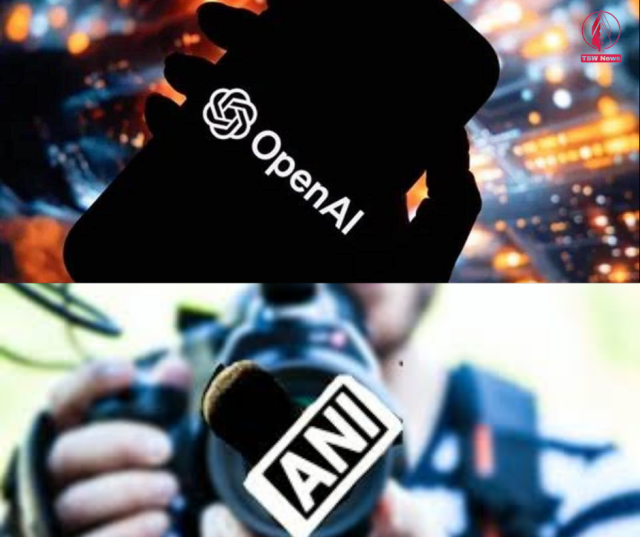ANI Sues OpenAI Over Alleged Copyright Violation of News Content
- Posted on November 18, 2024
- News
- By Arijit Dutta
- 20 Views
ANI has sued OpenAI for using its copyrighted content without authorization, alleging misuse for training AI models and reproducing news verbatim. The case, being heard in Delhi High Court, highlights growing concerns over AI's impact on intellectual property rights. ANI also raised issues of reputational harm and misinformation caused by AI inaccuracies.

Indian news agency ANI has filed a lawsuit against OpenAI, accusing the AI company of unauthorized use of its original news content. This marks a significant moment in the country’s media landscape, as ANI becomes the first Indian publisher to take legal action against an AI firm for intellectual property infringement. The case will be heard by Justice Amit Bansal in the Delhi High Court today.
ANI alleges that OpenAI utilized its copyrighted material for commercial purposes in two key ways: by training its large language models (LLMs) on ANI’s news content and by reproducing ANI’s reports verbatim through its chatbot, ChatGPT. ANI also raised concerns about inaccuracies attributed to it by the AI model, which it claims could harm its reputation and contribute to the spread of misinformation.
The lawsuit follows global debates around the use of copyrighted material by AI models. Several international publishers, including The New York Times, have similarly accused AI firms like OpenAI, Microsoft, and Perplexity of exploiting their intellectual property. The legal question of whether AI systems can use such data without explicit consent remains unresolved in many jurisdictions.
Union Minister Ashwini Vaishnaw recently underscored these concerns on National Press Day, highlighting the risks AI poses to content creators’ intellectual property. He emphasized the need for stronger safeguards, framing the issue as both an economic and ethical challenge.
Also Read: Amit Shah to Lead Crisis Talks as Manipur Situation Worsens
ANI's legal representation, led by Delhi-based Unum Law, seeks to address these broader concerns. The case could set a precedent for AI-related copyright disputes in India, influencing how AI firms engage with content creators in the future.




